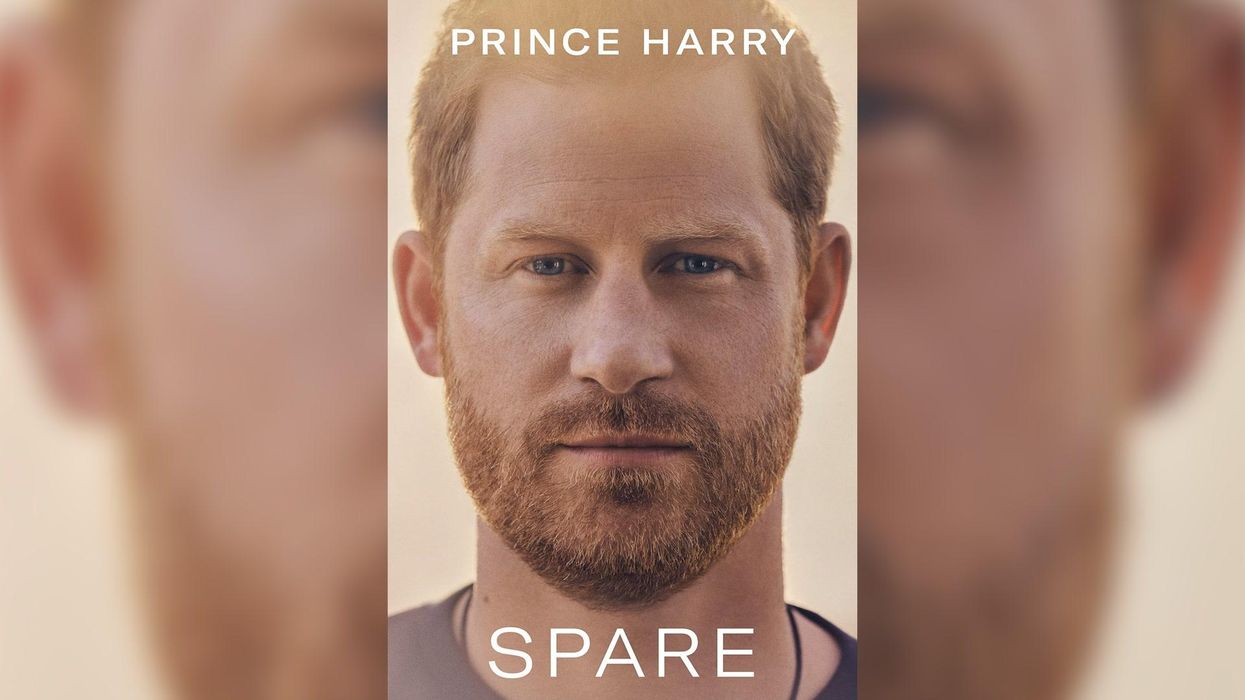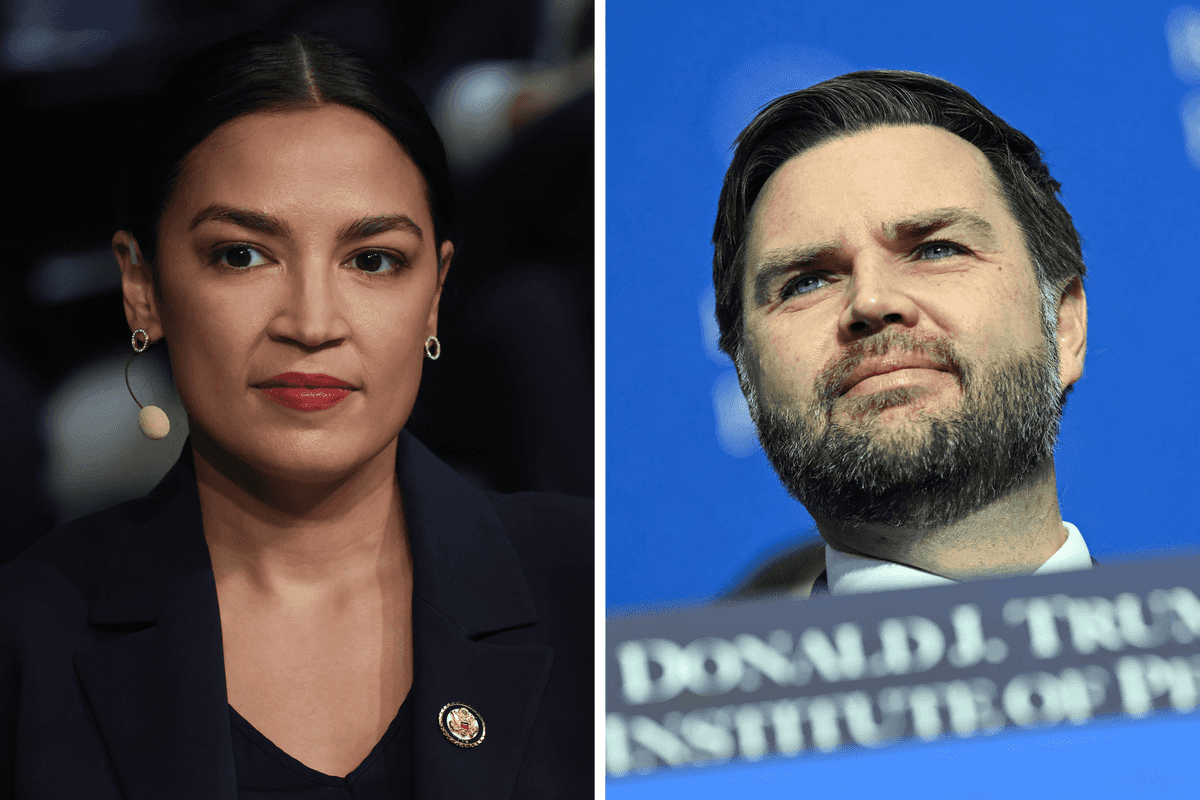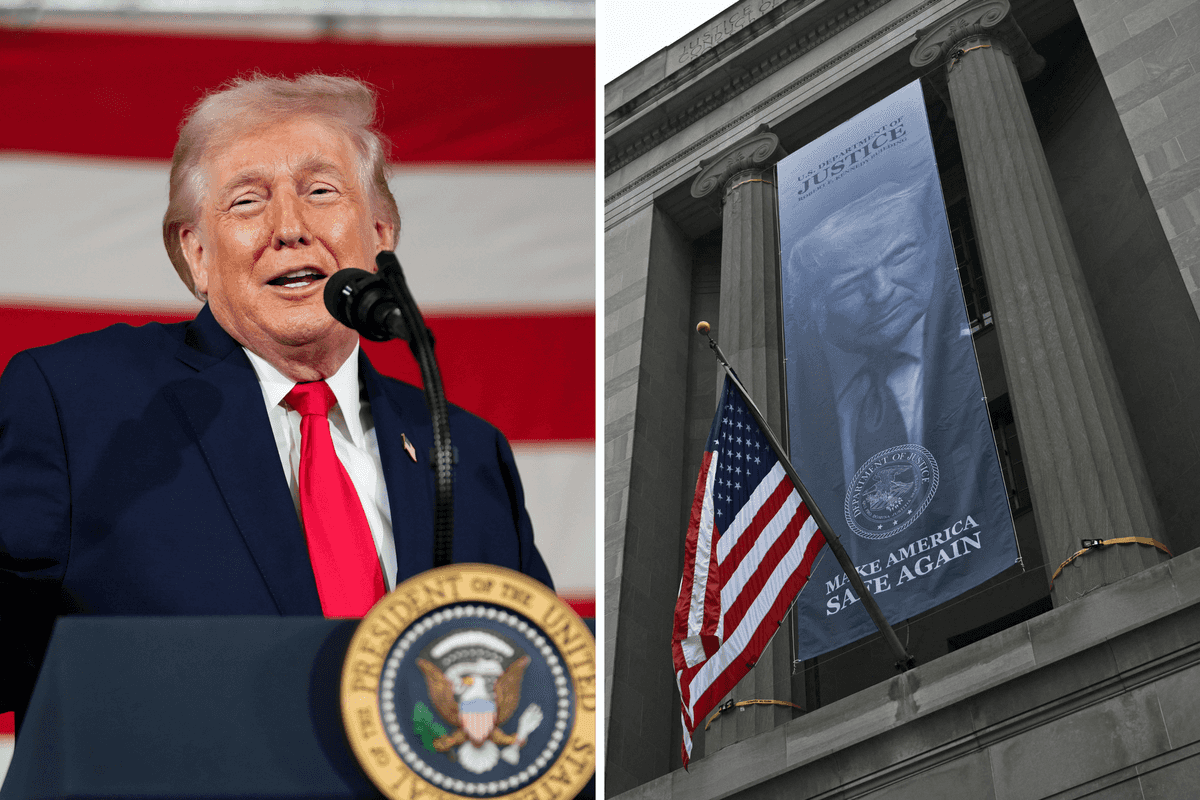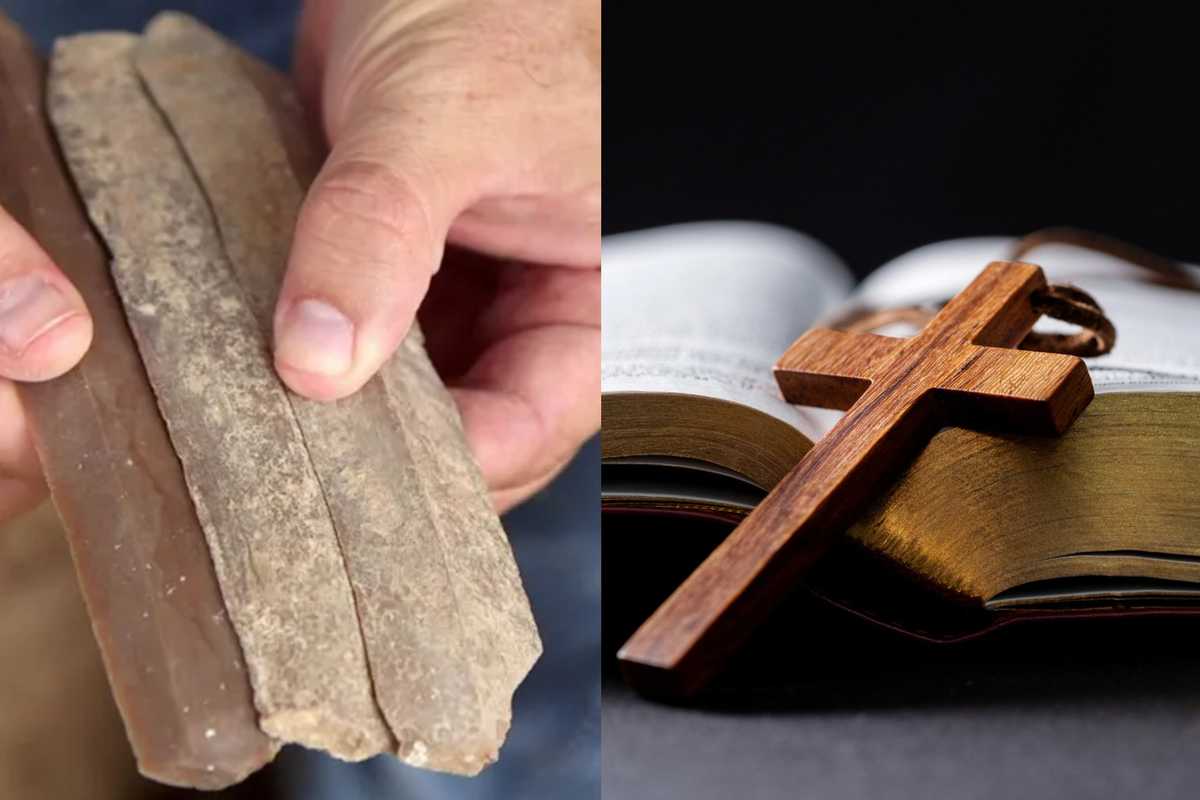Harriet Brewis
Jan 10, 2023
Spare: Revelations from Prince Harry's book
content.jwplatform.com
Sure, crowds queued at midnight on Tuesday to nab the first (official) copies of Prince Harry’s memoir but, for many of us, it feels as though we know its “bombshell” contents already.
Key revelations were leaked last week when sellers in Spain began prematurely flogging ‘Spare’, then the Duke Of Sussex gave two detailed TV interviews about the book, so the question ahead of its scheduled release swiftly became… what else is there to know about it?
Plenty, actually. Not necessarily in terms of salacious claims, but of getting a better insight into the workings of this complex, and now cut-off, royal.
The top reviews all seem to have one overriding takeaway: that this is the work of a tortured child who never recovered from losing his mother and who really, really hates the British press.
Sign up for our free Indy100 weekly newsletter
And so rather than go over the juiciest, gossipy bits about him losing his virginity or slagging off his stepmother, here’s a look at some interesting, poignant, and even poetic excerpts and themes from this wildly-anticipated autobiography.
The Death of Diana
One thing is clear, Harry believes the press killed his mother.
In this beautifully evocative extract from the book, Harry describes how the dazzling light of the paparazzi captured their own reflections in their pitiless photos of the car in which Diana died: “Flashes. They were flashes. And within some of the flashes were ghostly visages, and half visages, paps and reflected paps and refracted paps on all the smooth metal surfaces and glass windscreens.”
In his eyes, these photographers hunted her to death, and even then they wouldn’t stop.
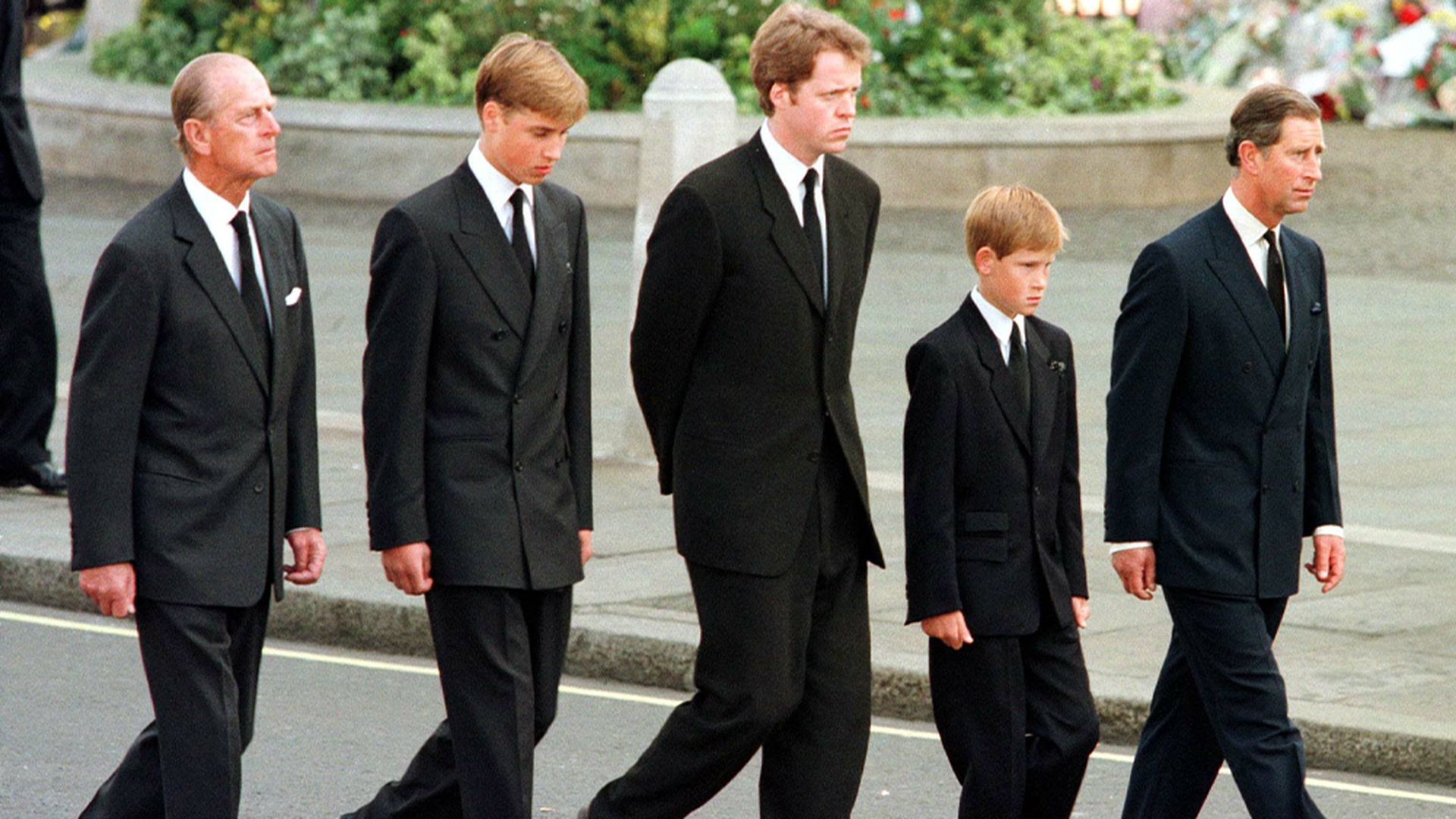
His addiction to the press
The duke reveals that, for years, he was obsessed with reading every word published about him: scouring everything from tabloids to social media.
His father, King Charles, repeatedly told him: “Don’t read it, darling boy” but, as his therapist, would later suggest, he was addicted to it.
His rivalry with William
Harry has clearly always resented being the “spare”, not the heir to the throne. He complains of being given pokier bedrooms than his older brother growing up, seems to relish William’s “advanced balding”, and suggests the rivalry between the two has often descended into pettiness.
The prince claims that when he told “Willy” of his intention to undertake conservation work in Africa, he replied indignantly: “Rhinos, elephants, that’s mine!”
His father’s tender moments
We learn that King Charles may not be good at talking about feelings but he’s been a sweet and loving father to Harry in his own way, and that he continues to grapple with his own childhood traumas.
Harry reveals that his dad travels everywhere with his childhood teddy bear, “a pitiful object with broken arms and dangly thread holes patched up here and there”. And, always calling his younger son “dear boy”, Charles would leave letters on his pillow to say how proud he was of him, clearly because he found it too hard to say these things out loud.
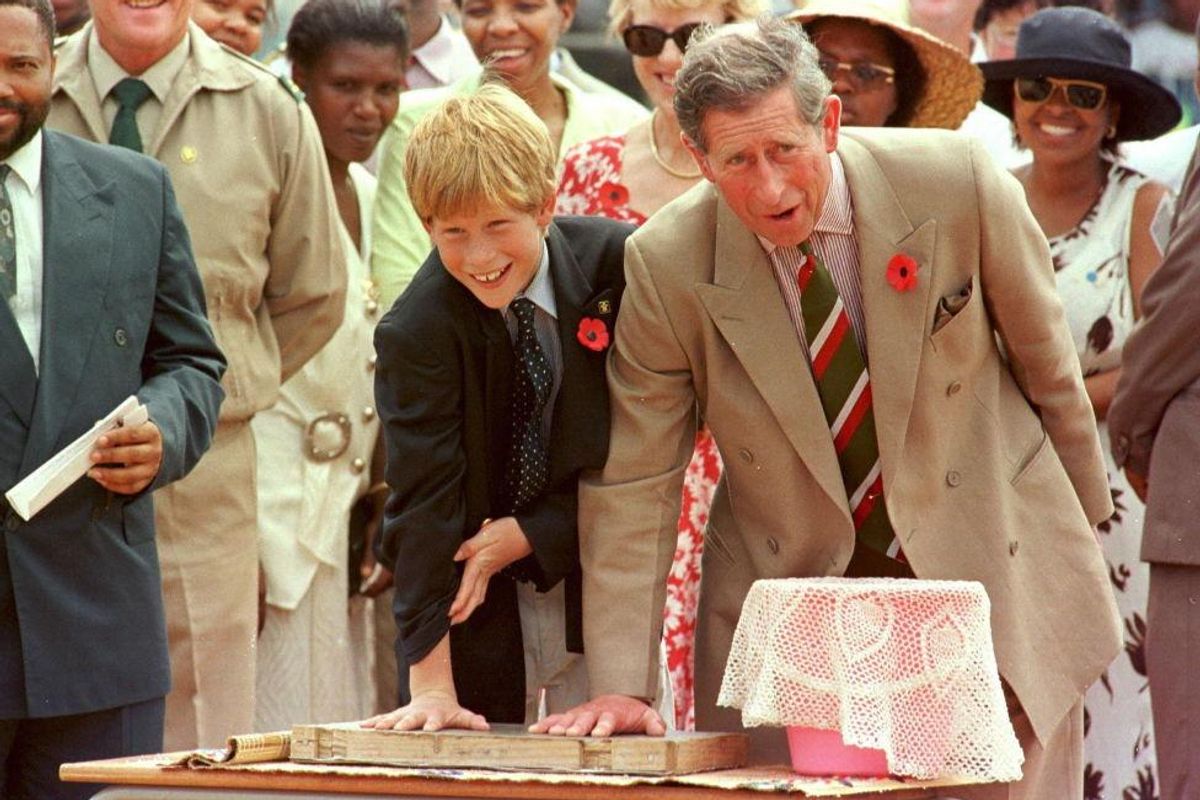
The royal family as a zoo
Harry details his fixation with a passage written by Hilary Mantel in 2013 for the London Review of Books in which she likens the royal family to “pandas”.
He writes: “If even a celebrated intellectual could dismiss us as animals, what hope for the man or woman on the street?”
But, he admits, the words “always struck me as both acutely perceptive and uniquely barbarous. We did live in a zoo.”
He also describes his unpreparedness for having his funding cut in 2020, writing that although he recognises the absurdity of the situation – “A man in his mid-30s being cut off by his father” – he stresses he’d never asked to be dependent on his dad: “I’d been forced into this surreal state, this unending Truman Show in which I almost never carried money, never owned a car, never carried a house key, never once ordered anything online, never received a single box from Amazon, almost never travelled on the Underground.”
In other words, this is a man who always wanted to be free but, as he finds himself at the very centre of global attention, we might wonder whether he is finding freedom now after all.
Have your say in our news democracy. Click the upvote icon at the top of the page to help raise this article through the indy100 rankings.
Top 100
The Conversation (0)
